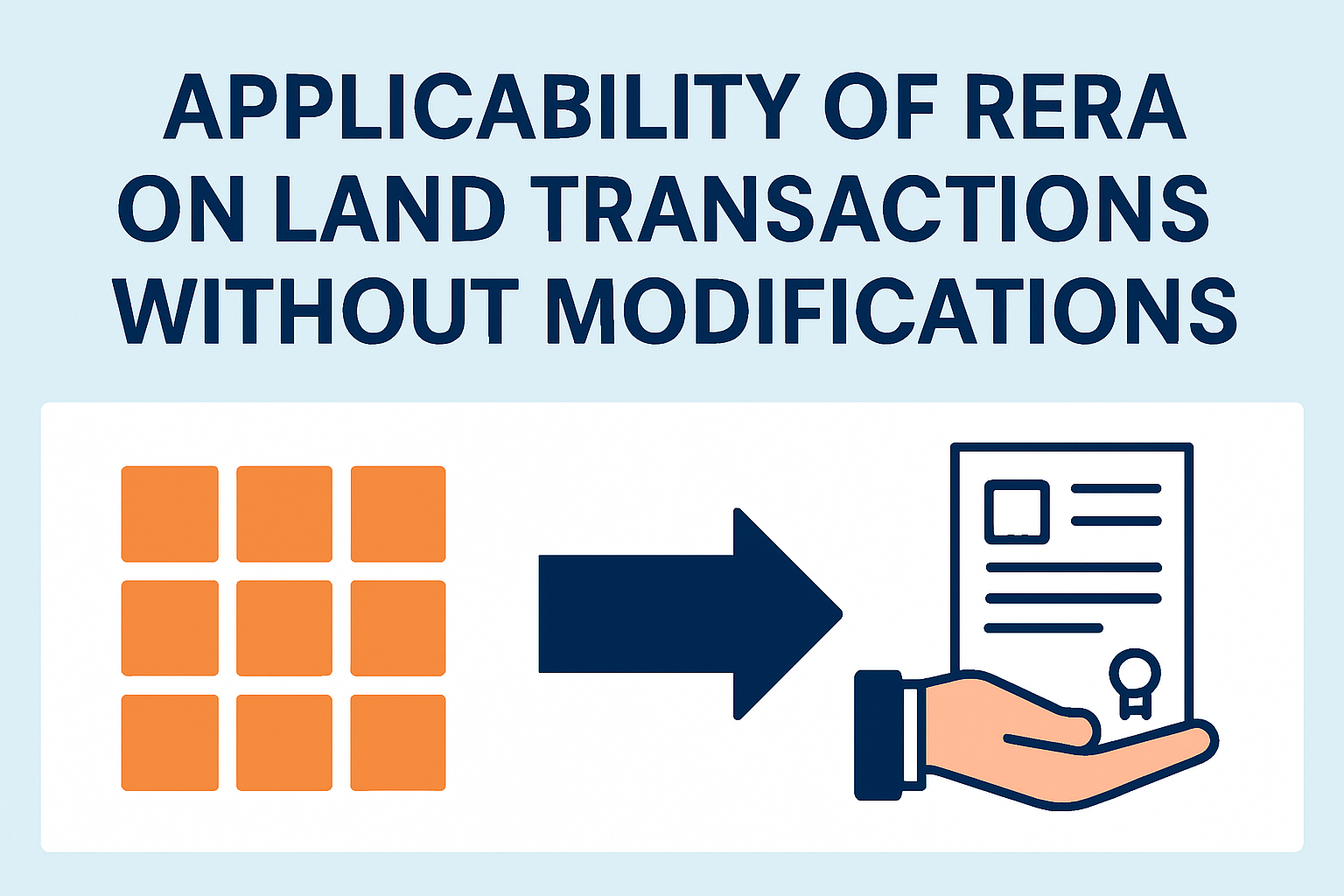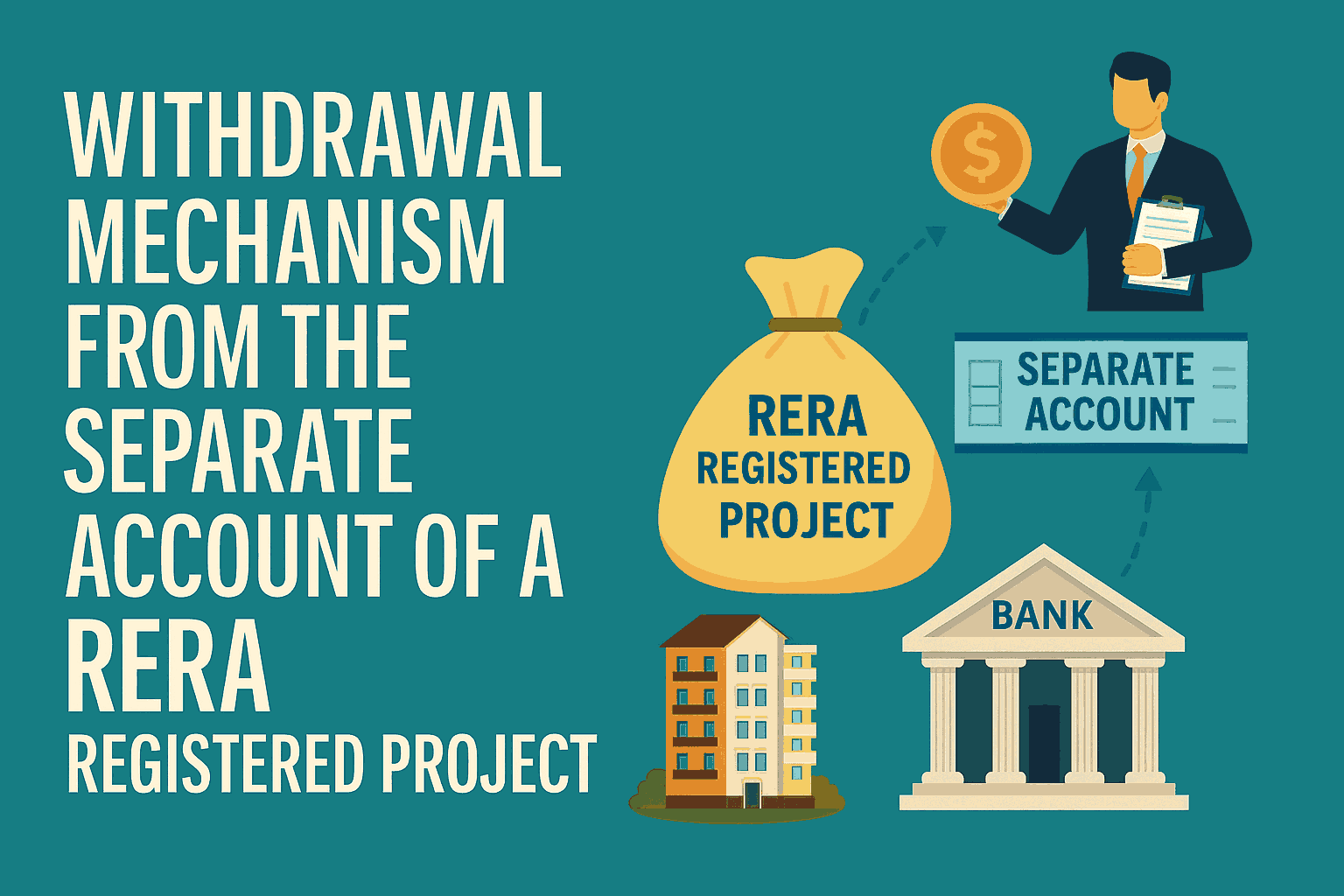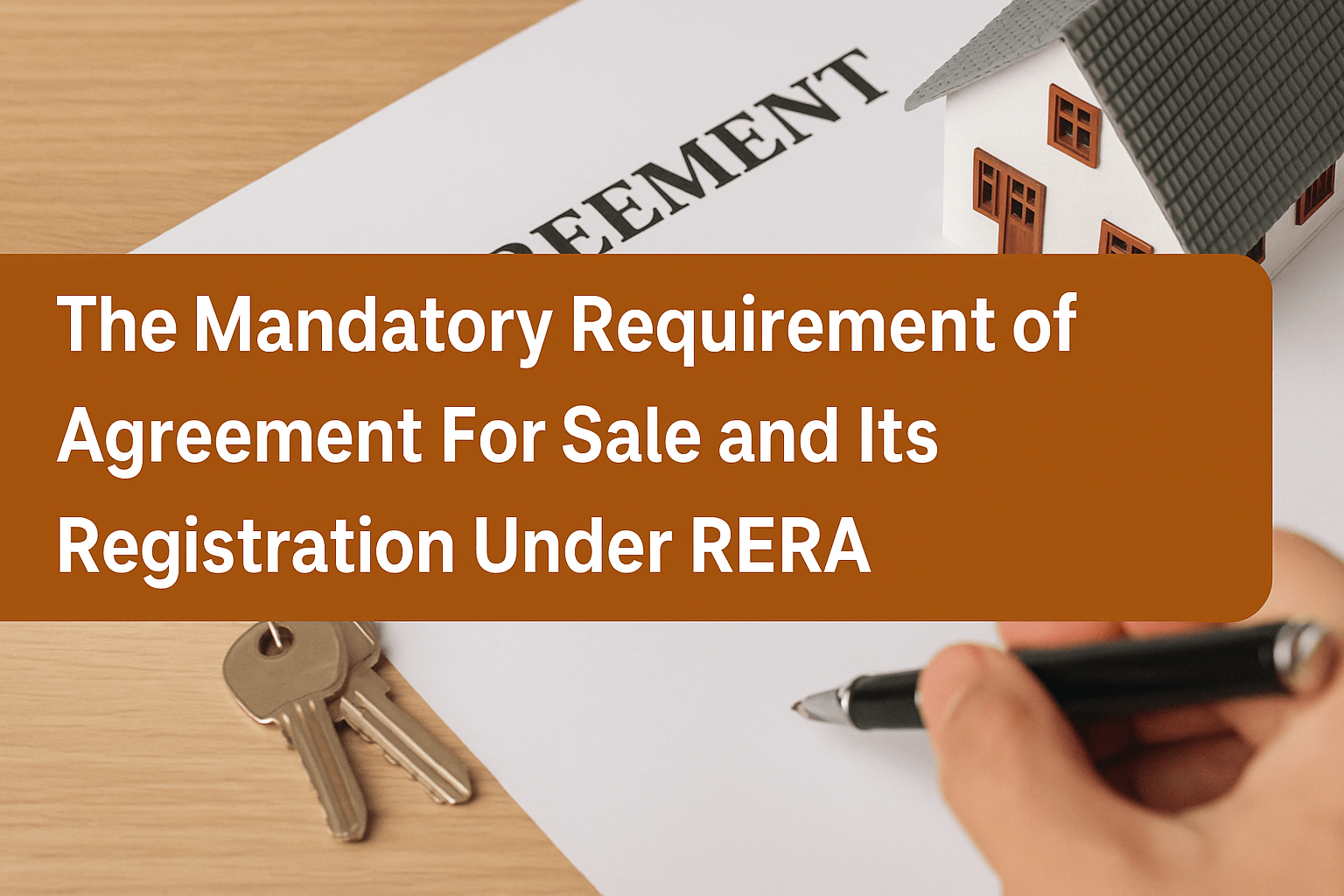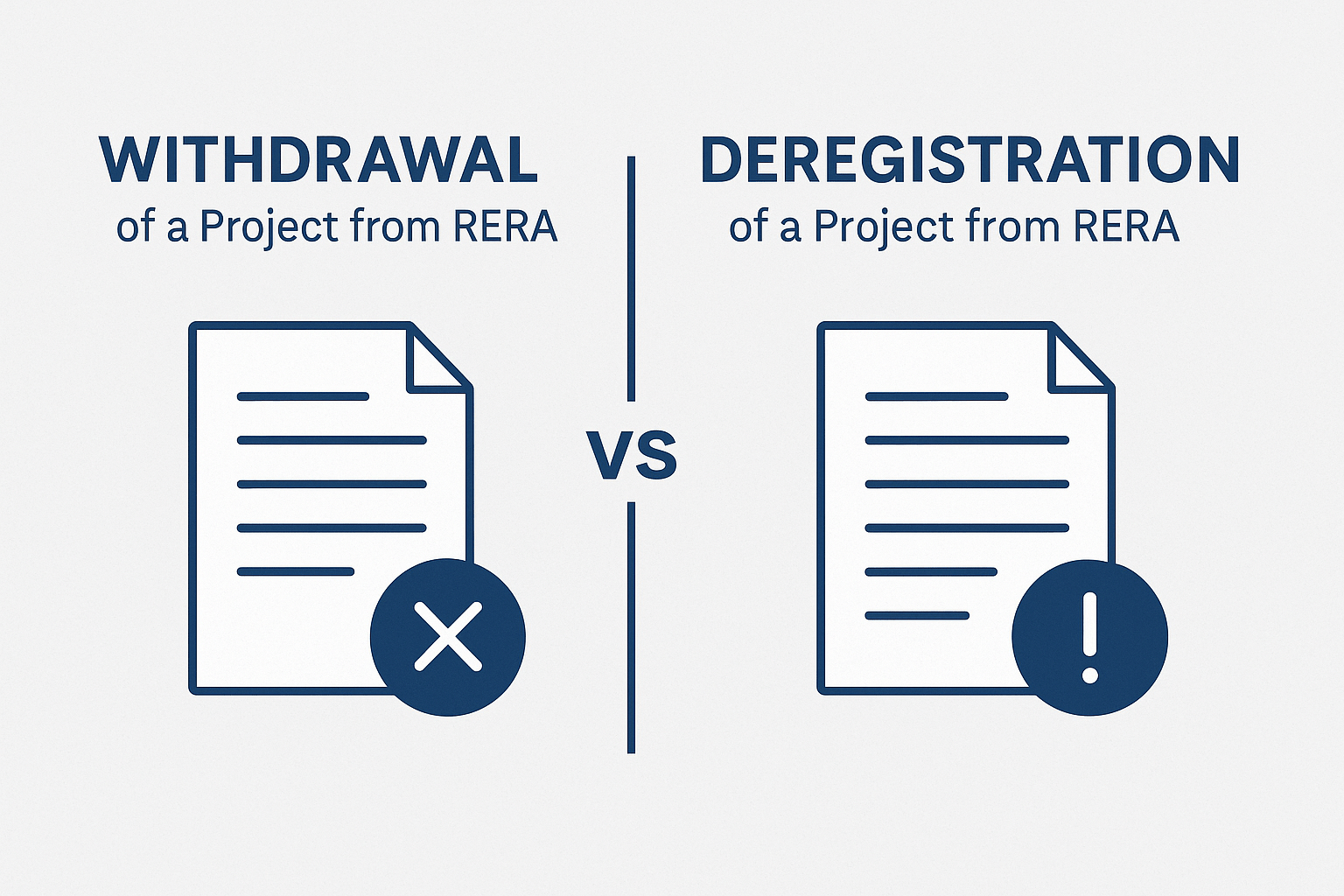
The Real Estate (Regulation and Development) Act, 2016 (RERA), aims to regulate the real estate sector and protect the interests of homebuyers and investors. While RERA primarily governs the construction, development, and sale of residential and commercial units, its applicability to land transactions without any modifications often raises questions. Specifically, does RERA apply to the sale of land when no development or construction takes place? In this blog, we explore the applicability of RERA to such land transactions and clarify the legal aspects through the definitions in the Act.
What is RERA’s Primary Objective?
RERA was implemented to address critical issues in the real estate sector, such as project delays, lack of transparency, and buyer protection. The Act governs the development, construction, and sale of real estate units and aims to ensure that developers comply with prescribed timelines and deliver the project as promised.
Land Transactions Without Modifications: Does RERA Apply?
Land as a Raw Asset: When a piece of land is bought and sold in its original state, with no intention to modify, construct, or develop it, RERA does not generally apply. RERA specifically addresses concerns related to the sale and construction of residential or commercial units. Therefore, if the transaction involves raw land without any development plans, RERA provisions do not come into play.
Why is This the Case? RERA’s primary focus is on the regulation of projects involving construction and the sale of units to homebuyers. Land transactions, where no construction or modification takes place, do not typically involve the same risks (e.g., delays, project delivery, etc.), and thus do not fall under RERA’s jurisdiction.
Applicability of RERA in Land Transactions with Development Plans:
Development and Subdivision of Land: If the land is intended for future development, such as a residential or commercial project, and is subdivided into plots, RERA will apply. The developer must register the project with RERA and ensure compliance with the Act, even if the land is initially bought and sold as raw land. In these cases, RERA applies because construction or modification is anticipated, and homebuyers may be purchasing units that are part of a larger development.
Joint Development Agreements (JDAs): If the land is sold as part of a Joint Development Agreement, where the landowner and developer jointly undertake the construction, RERA will apply. The developer must register the project, and buyers will benefit from the protections provided under RERA.
When RERA Does Not Apply to Land Sales:
No Development or Construction: If the transaction involves the sale of land with no plans for development or construction, RERA does not extend to such transactions. Buyers should still ensure proper due diligence in terms of title verification and land documentation but will not be protected by RERA’s regulations.
Land Sales for Commercial Purposes (Without Development): Similarly, the sale of commercial land without any associated construction does not fall under RERA. Developers and investors should be mindful of this distinction and ensure that proper legal processes are followed under other relevant laws.
Referencing RERA Definitions for Clarity:
Project Definition: Section 2(zk) of the RERA Act defines a "project" as a development involving construction and the sale of units to buyers. Thus, land transactions without construction are not considered projects under RERA.
Apartment Definition: Section 2(e) defines an apartment as a separate and self-contained part of immovable property, often part of a larger building. This definition does not extend to raw land or undeveloped properties.
Promoter Definition: As per Section 2(zk), a "promoter" refers to the entity responsible for construction and development of real estate projects. This excludes individuals or entities selling undeveloped land.
RERA’s applicability to land transactions hinges on whether the land is involved in a development project. If the land is simply bought and sold without any modification, RERA does not apply. However, if the land is part of a development project or is sold as part of a Joint Development Agreement (JDA), RERA regulations will apply, and the developer must ensure compliance with its provisions. Understanding the definitions provided in the Act helps clarify the situations where RERA is relevant and where it is not. Apex RERA Professionals can guide both developers and investors through the complexities of land transactions, ensuring compliance with relevant laws and protecting the interests of all stakeholders involved.



Apex RERA Professionals is owned by Realtyedge Professionals LLP.